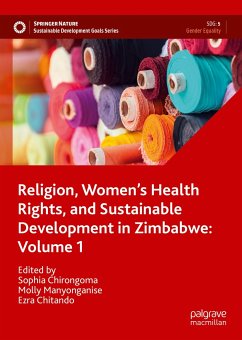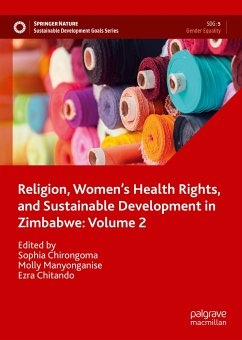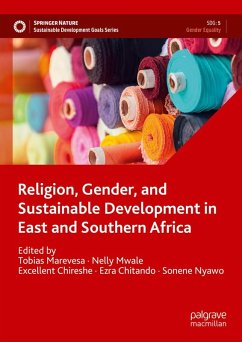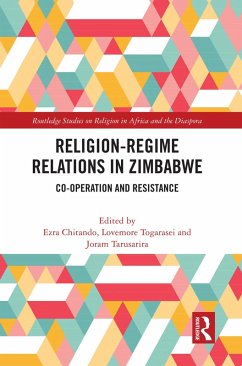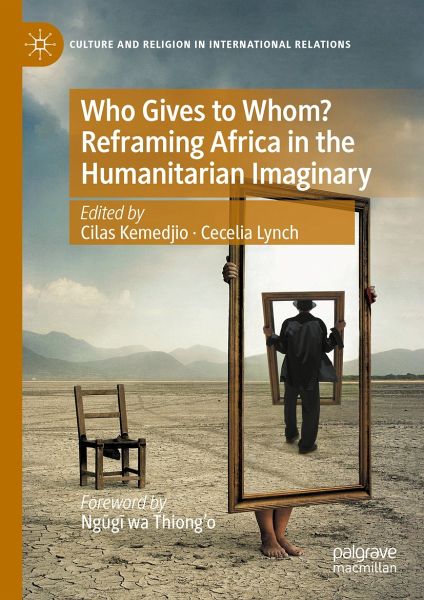
Who Gives to Whom? Reframing Africa in the Humanitarian Imaginary (eBook, PDF)
Versandkostenfrei!
Sofort per Download lieferbar
104,95 €
inkl. MwSt.
Weitere Ausgaben:

PAYBACK Punkte
52 °P sammeln!
In this innovative volume, experts from international relations, anthropology, sociology, global public health, postcolonial African literature, and gender studies, take up Ngugi wa Thiong'o's challenge to see how Africa gives to the west instead of the reverse. Humanitarian assumptions are challenged by unpacking critical legacies from colonial and missionary genealogies to today's global networks of nongovernmental organizations (NGOs). Who Gives to Whom: Reframing Africa in the Humanitarian Imaginary is a decolonial gesture that builds on Ngugi's work as well as that of pan-Africanist and i...
In this innovative volume, experts from international relations, anthropology, sociology, global public health, postcolonial African literature, and gender studies, take up Ngugi wa Thiong'o's challenge to see how Africa gives to the west instead of the reverse. Humanitarian assumptions are challenged by unpacking critical legacies from colonial and missionary genealogies to today's global networks of nongovernmental organizations (NGOs). Who Gives to Whom: Reframing Africa in the Humanitarian Imaginary is a decolonial gesture that builds on Ngugi's work as well as that of pan-Africanist and intersectional feminist scholars. Contributions range from assessing the impact of historical legacies of colonialism on gender, religious/secular attempts at "saving" Africans to (South) African unrealized project to reconfigure foreign policy frameworks shaped by apartheid. Case studies of "silver bullet" solutions focus on the incorporation of women in peacebuilding, microfinance, and e-waste disposal, to argue that humanitarian interventions continue to mask ongoing forms of despoiling African well-being while shortchanging intersectional African forms of agency.
"Chapter 1." is available open access under a Creative Commons Attribution 4.0 International License via link.springer.com.
"Chapter 1." is available open access under a Creative Commons Attribution 4.0 International License via link.springer.com.
Dieser Download kann aus rechtlichen Gründen nur mit Rechnungsadresse in A, B, BG, CY, CZ, D, DK, EW, E, FIN, F, GR, HR, H, IRL, I, LT, L, LR, M, NL, PL, P, R, S, SLO, SK ausgeliefert werden.





